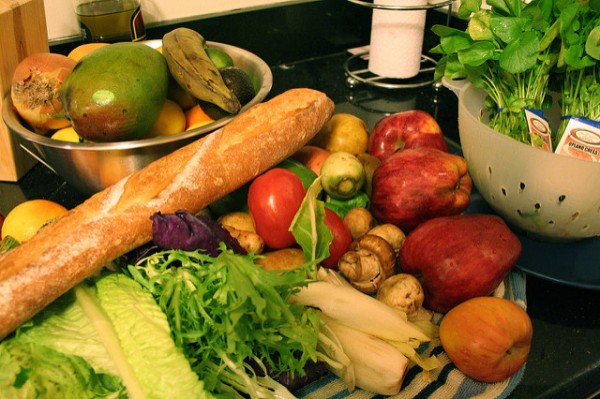
Dumpster diving and urban foraging—that’s how “freegans” shop. Freegans participate minimally in the conventional economy through an environmentally sustainable lifestyle, including living off others’ waste. Based upon extensive ethnographic fieldwork with freegans, UC-Berkeley Ph.D. candidate Alex Barnard argues that this lifestyle constitutes an innovative alternative to consumer-driven city life.
Barnard’s ethnographic study of New York City’s freegans took place over two years. Barnard attended “trash tours” (dumpster dives announced to the general public), freegan communal “feasts,” organizational meetings, and “skillshare” events to observe the subculture’s performative claims-making practices. To supplement his participant observations, including six months of subsisting on discarded food, Barnard conducted 20 interviews of active members of freegan.info.
The themes and questions Barnard found in the freegan life centered around how freegans create what they consider a moral place in a capitalist city they characterize as immoral. One freegan describes NYC as an “evil haven of decadence and debauchery.” A distinctive lifestyle and relationship to the physical world helps freegans create and sustain a sense of morality, and freegans use nature as a framework for deciphering right from wrong. Nature, they believe, is free from social influence—a moral concept “outside of us.”
Barnard anticipates a logical question by explaining that freegans choose to live in the city rather than move to the purer countryside as an act of resistance. Moving to literal greener pastures would do little to push back against the capitalist system. Further, as freegans derive a sense of morality from using waste as a natural resource, they see themselves as offsetting the mainstream population’s wasteful practices. Even in a “sin city,” individuals and groups find ways to use space to live in a way that aligns with their values.

Comments